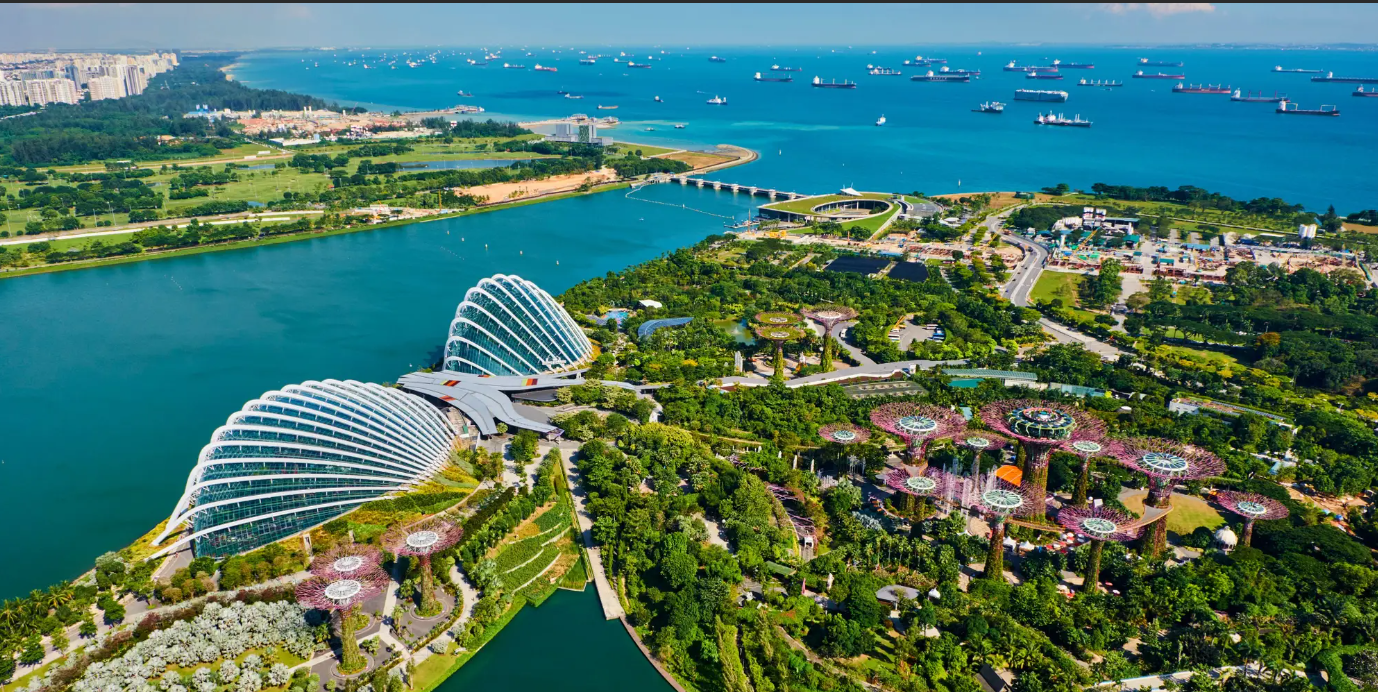Singapore’s cosmopolitan landscape attracts individuals from all corners of the world, fostering a vibrant expatriate community. Among them, Caucasians from the USA, UK, Canada, all parts of Europe, Australia, and New Zealand who seek Permanent Residency (PR) in Singapore encounter a unique set of considerations.
This article delves into the intricacies of the PR application process, shedding light on the factors that influence PR approval rates for Caucasians in this dynamic city-state.
Brief Overview
Before delving into the specificities of Caucasians, it’s crucial to understand the broader landscape of Singapore PR application process. The city-state has a well-defined and rigorous procedure in place, designed to ensure that those granted the Singapore PR status contribute positively to the nation’s growth and development.
Typically, the process involves applying to the Immigration and Checkpoints Authority (ICA), where factors such as employment and educational background, family ties, and social integration efforts are considered. The criteria are clear, emphasizing the need for applicants to align with Singapore’s economic and social objectives.
Factors Influencing Singapore PR Approval
While Singapore is celebrated for its multiculturalism, it is a known fact that Singapore has racial quotas that it maintains in the Singaporean core. Due to its small size, history of racial riots, and its goal of pursuing great economic heights, the racial quota plays a role in keeping the peace in the country.
With a makeup of about 75% Chinese, 15% Malay, 8% Indian, the Caucasian race is grouped under “Others”, which makes up only 2% of the total population. This is where people of Caucasian ethnicity may find it difficult to attain the highly coveted Singapore PR. However, there is still a good chance for anyone willing to try. Below are some factors to emphasize on in the Singapore PR application if you are racially disadvantaged.
1. Professional Background:
Singapore places a premium on skilled professionals. People with expertise in industries where there is a demand for talent such as AI, fintech, and advanced manufacturing may find the approval process more favourable.
2. Contribution to the Economy:
Demonstrating a potential contribution to Singapore’s economy is pivotal. This could be through employment in key sectors, entrepreneurship, or investment in local businesses. It can also be in the form of mentoring and transferring skills and expertise to the local workforce.
3. Integration into Society:
Beyond professional qualifications, an applicant’s ability to integrate into Singaporean society is considered. This includes adapting to the local culture, community involvement, and a genuine commitment to becoming a part of the national fabric.
Tips for a Successful PR Application
For Caucasians navigating the PR application process in Singapore, success often hinges on strategic planning and a thorough understanding of the system. Here are some key tips:
1. Research and Preparation:
Before initiating the application, conduct extensive research on eligibility criteria, required documentation, and the overall process. Adequate preparation is crucial for a smooth application journey.
2. Professional Assistance:
After all the research, this is where you decide if you will submit the application on your own or engage an immigration agency for help. Consider seeking professional guidance from reputable immigration agencies familiar with the Singapore PR application process. Their expertise can streamline your application and increase the likelihood of success.
3. Highlight Relevant Skills and Achievements:
Emphasize how your skills and professional achievements align with Singapore’s economic goals. Showcase your potential contributions to the local workforce.
4. Cultural Integration:
Showcase your commitment to embracing the local culture and community. Participation in cultural events, language proficiency, and community engagement can bolster your application.
5. Financial Standing:
Singapore does not approve Singapore PR applications based on one’s net worth or high financial standing but having a financial trail in the country can be used as evidence of intention, such as insurance policies, investments, real estate property for self-occupancy, and bank savings.
In conclusion, while the PR application journey for Caucasians in Singapore may present unique challenges due to Singapore’s racial quota, a well-informed and strategic approach significantly enhances the chances of approval. By understanding the nuances of the process, aligning with the nation’s objectives, and showcasing a commitment to integration, Caucasians can embark on a successful path toward Singaporean Permanent Residency.
